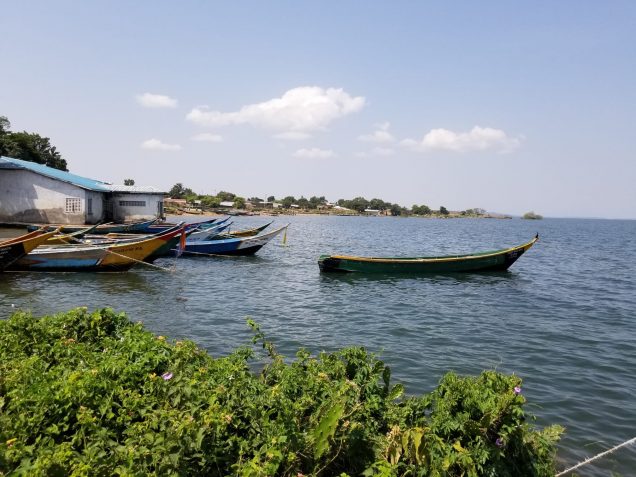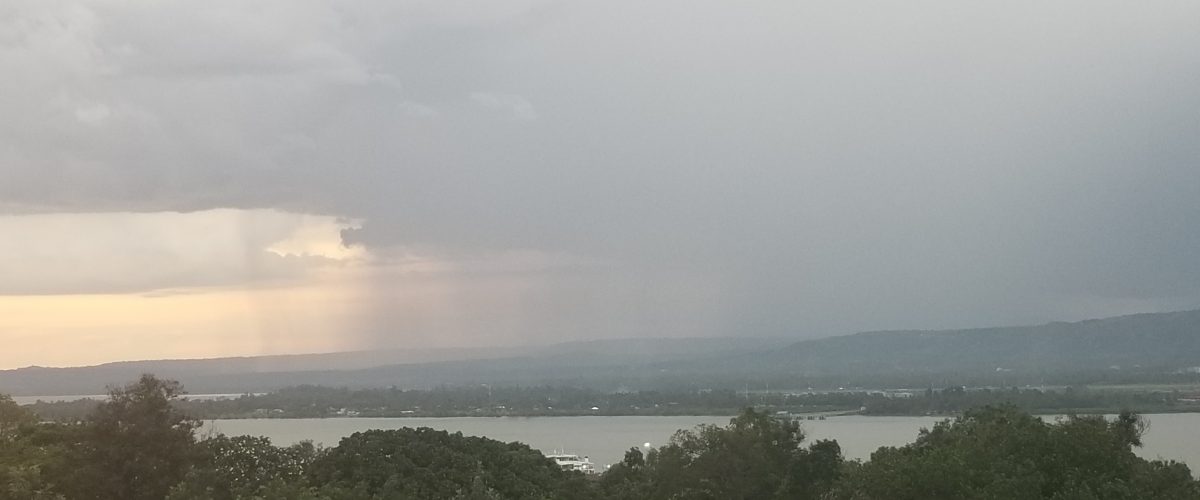The climate change, transactional sex, HIV/AIDS and sustainable livelihoods project was designed to try and understand why fishing economies such as those on the Lake Victoria basin in East Africa and more so the women, are highly susceptible to transactional sex and associated risks such as HIV. Numerous studies have shown that women’s access to fish is dependent on men, and the underlying structural inequalities in these fishing economies continue to perpetuate the “fish-for-sex” phenomenon leading to a fertile environment for HIV. This endurance of transactional sex in fishing economies has presented the need to understand the dynamics, drivers, and evolution of “fish-for-sex” in an environment where availability and access to fish is shifting given climate change, and how migration to access declining fish-stocks and the associated social networks may influence “fish-for-sex” and indeed HIV/AIDS. Such an understanding should inform sustainable livelihood policies within fishing economies such as the Lake Victoria basin but also in similar environments around the world.

Associated Projects:
